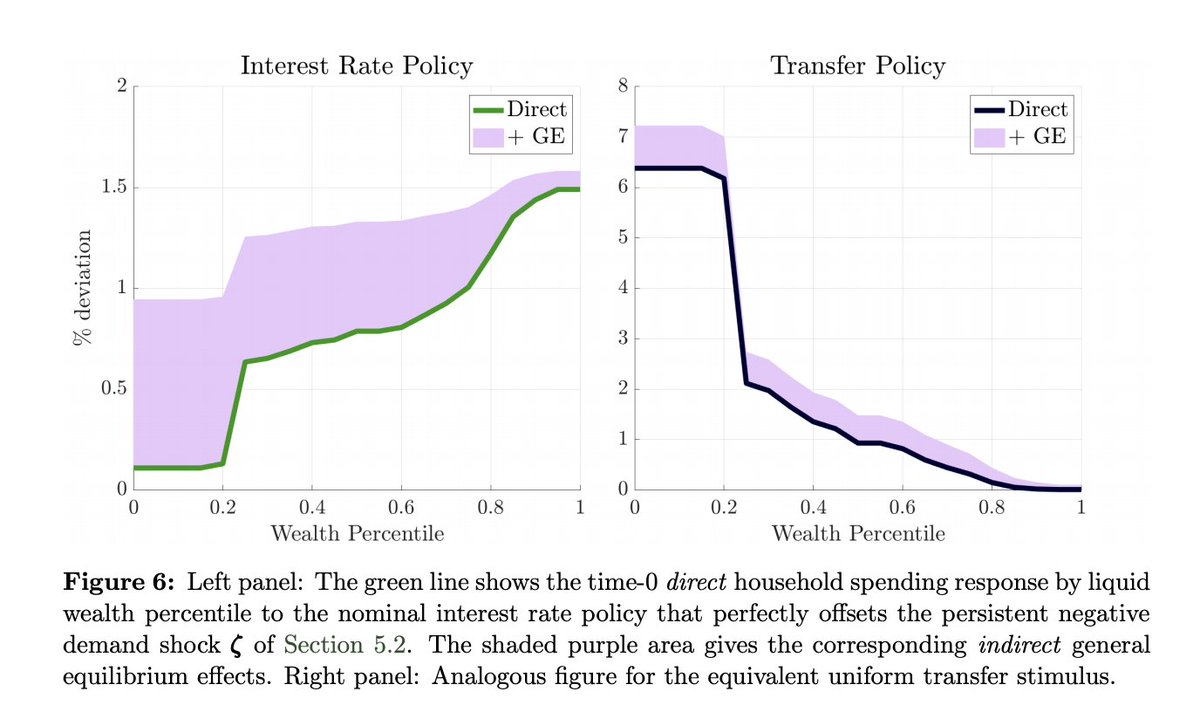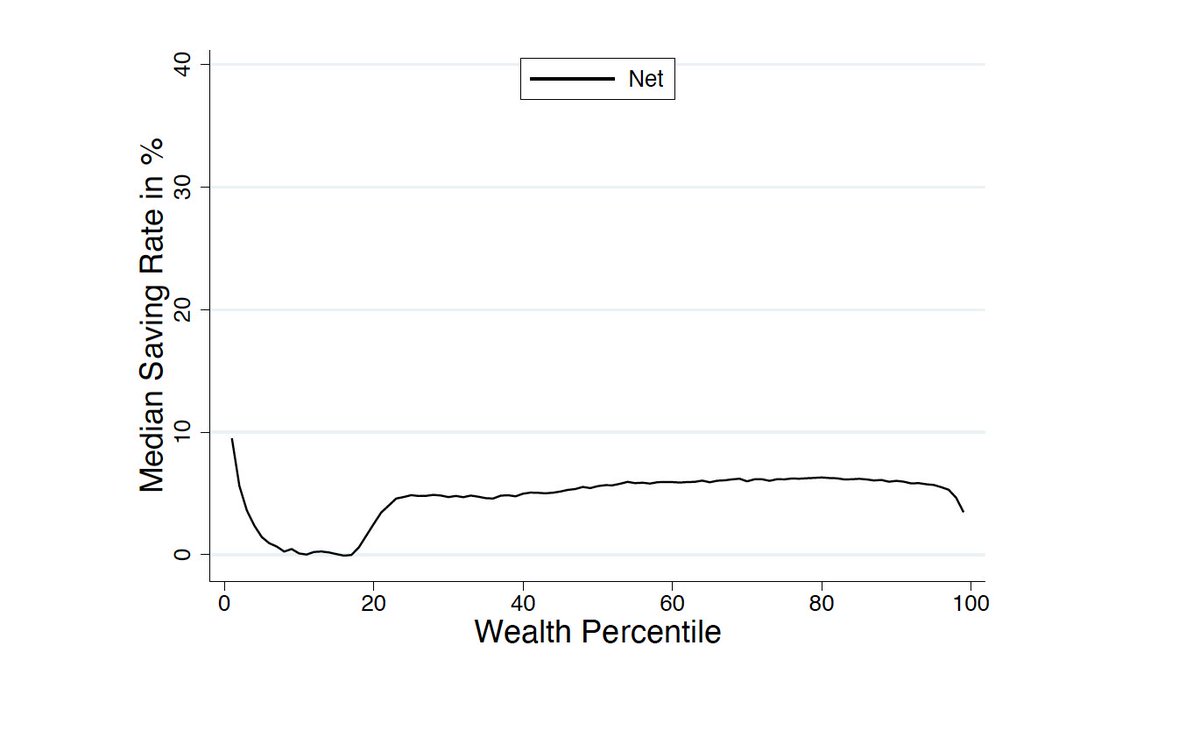
The important thing is to have a quantitative debate based on data, empirics & models rather than people's "gut feelings".
In the spirit of elevating the debate, here are some thoughts, particularly for journalists as well as politicians & citizens in favor of fact-based policy:

In the spirit of elevating the debate, here are some thoughts, particularly for journalists as well as politicians & citizens in favor of fact-based policy:


I'm not as pessimistic as @BachmannRudi. I think it can be done.
Perhaps I'm just naive...
But it's at least worth trying.
1/
Perhaps I'm just naive...
But it's at least worth trying.
https://twitter.com/BachmannRudi/status/1502833920454320128
1/
#Habeck & @BMWK need to provide analyses backing up their statements. Some questions to ask, e.g. during next press conference:
1. When you say "5%" or "hundreds of thousands will lose their job, we're talking about poverty", what is this based on?
2/
1. When you say "5%" or "hundreds of thousands will lose their job, we're talking about poverty", what is this based on?
https://twitter.com/ben_moll/status/1502372887109459971
2/

2. Importantly, can you please publish your analyses so that we can retrace the logic of the argument, understand where the numbers come from, and scrutinize them?
It's very possible you know more than we do. But we need to know what.
3/
It's very possible you know more than we do. But we need to know what.
https://twitter.com/ben_moll/status/1502372900703191047
3/
3. What time horizons do you have in mind? If we implemented an embargo now, how long do you think the negative effects would persist?
(My take: substitutability increases with time econtribute.de/RePEc/ajk/ajkp…, there's time before next winter, & prices send the right signals)
4/

(My take: substitutability increases with time econtribute.de/RePEc/ajk/ajkp…, there's time before next winter, & prices send the right signals)
4/


(Note: time horizon is so important because unfortunately the war will likely drag on. What we're hearing from German politicians: if we implement sanctions now, in fall/winter people will protest & we will have to take the sanctions back = a huge victory for Putin.)
5/
5/

4. What are the constraints on economic policy measures to counteract the economic harm of an import embargo?
For example: jobs would be lost. But Germany has fiscal capacity. So couldn't we counteract a lot of this, e.g. with Kurzarbeit?
6/
For example: jobs would be lost. But Germany has fiscal capacity. So couldn't we counteract a lot of this, e.g. with Kurzarbeit?
https://twitter.com/BachmannRudi/status/1502833925772791809
6/
Again, useful contributions to the debate need to be:
(a) quantitative and based on data, empirics or models
(b) published so one can understand where the numbers come from
7/
(a) quantitative and based on data, empirics or models
(b) published so one can understand where the numbers come from
7/
Here are some examples of contributions that do not meet these criteria:
1. Economists saying "3%+3%=6%" based on not much except their gut feeling:
(First 3% = worst case from our study. But could have also picked 1%. So why not "1%+1%=2%"?)
8/
1. Economists saying "3%+3%=6%" based on not much except their gut feeling:
https://twitter.com/tom_krebs_/status/1502218837814562820
(First 3% = worst case from our study. But could have also picked 1%. So why not "1%+1%=2%"?)
8/
2. "Studies" that do not provide numbers. Like this @iw_koeln one saying that an import stop would involve "incalculable risks". As @adam_tooze points out: what is this supposed to mean?
iwkoeln.de/presse/iw-nach…
9/
iwkoeln.de/presse/iw-nach…
9/
As it stands, the largest number for German GDP loss that fulfils the criteria is 3.5% (Goldman-Sachs).
The second largest one is 3% (worst-case scenario from our study).
Apart from that, there's nothing.
(Though please let me know if there's a study I missed)
10/

The second largest one is 3% (worst-case scenario from our study).
Apart from that, there's nothing.
(Though please let me know if there's a study I missed)
10/


If you want to understand the current status of the debate, apart from @BachmannRudi's depressing thread, I highly recommend @adam_tooze's excellent summary
11/
https://twitter.com/adam_tooze/status/1502680859383676937
11/
In sum: we need to move from gut feelings toward data, empirics & models so as to isolate the tradeoffs. Policymakers then need to decide on this basis.
If we -- economists, think tanks, the government @BMWK @Bundeskanzler etc -- cannot manage this, we will have failed.
12/12
If we -- economists, think tanks, the government @BMWK @Bundeskanzler etc -- cannot manage this, we will have failed.
12/12
• • •
Missing some Tweet in this thread? You can try to
force a refresh





















